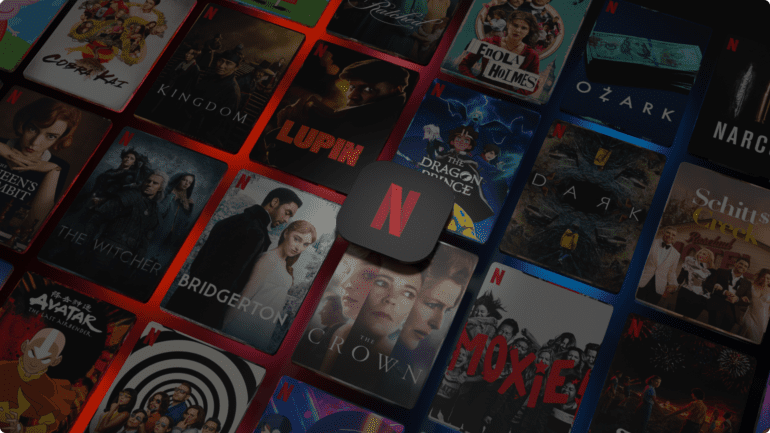TL;DR:
- Netflix faces criticism for listing a $900,000 AI Product Manager role during an ongoing strike by actors and writers.
- The strike demands increased pay, higher residuals, and protections against AI replacing human talent.
- High-profile actors express concerns about the potential impact of AI on jobs.
- Netflix remains committed to AI investments despite the industry’s labor unrest.
- Critics call out the allocation of resources and urge for better prioritization during the strike.
Main AI News:
Amidst an industry-wide strike by the Screen Actors Guild of America – American Federation of Television and Radio Artists (SAG-AFTRA) and the Writers Guild of America (WGA), Netflix has found itself at the center of controversy with its recent listing for an Artificial Intelligence (AI) Product Manager role, offering a staggering salary of up to $900,000 (£698,900). The streaming giant’s decision to seek AI expertise during a time when concerns about job security for actors are at an all-time high has sparked heated debates within Hollywood.
The strike, which began on 14th July, has paralyzed Hollywood, with actors and writers jointly demanding improved base pay, higher streaming residuals, and guarantees that AI will not replace human creativity. Prominent actors, including Brian Cox from Succession, have passionately voiced their anxieties over the potential impact of “scary” AI technology on their profession.
Notwithstanding the fears raised by actors, Netflix seems undeterred in its investment in AI. Presently, the company’s job board prominently features the position of a Product Manager – Machine Learning Platform, responsible for collating feedback and understanding user needs from AI practitioners and engineers. The salary range for this position is astonishingly broad, from $300,000 to $900,000.
Critics, however, have been quick to rebuke Netflix’s approach. Actor and comedian Rob Delaney, known for his work in Catastrophe, derided the job listing as “ghoulish,” pointing out that the same funds could provide health insurance for thirty-five actors and their families in need during the strike. The comments underscore the growing concern over the prioritization and allocation of resources in the entertainment industry.
Other TV and movie personalities, including Mara Wilson, John Cusack, and Mandy Moore, have also shared their stories of appalling pay to lend their support to the strike’s historic importance. Even Disney CEO Bob Iger expressed his reservations about the timing of the strike and the expectations set by industry professionals.
As the strike continues, the clash between preserving traditional jobs and embracing the potential of AI-driven technologies will significantly influence the future landscape of the entertainment industry. Netflix’s unwavering focus on AI, despite the ongoing debates and strikes, reaffirms its commitment to staying at the forefront of innovation in the business.
Conclusion:
The controversy surrounding Netflix’s $900,000 AI job listing amid the industry strike reflects the clash between the drive for technological innovation and the concerns over job security for actors and writers. While Netflix’s determination to invest in AI indicates a commitment to stay ahead in the market, industry professionals’ demands for better pay and job protections signify a shifting landscape where priorities and resource allocation will play a vital role in shaping the entertainment market’s future.

